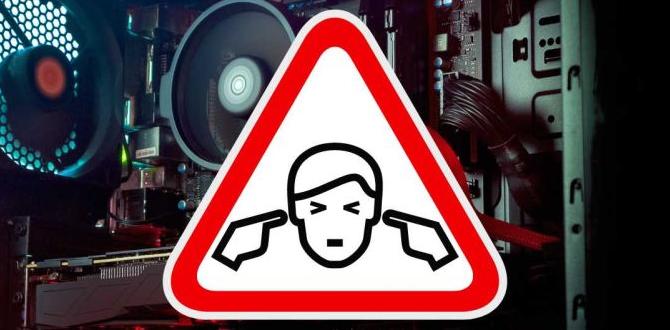When building a gaming PC, one crucial factor to consider is noise management. Excessive noise can interfere with your recording sessions, affecting the quality of your content. To ensure a quiet environment for recording, there are several steps you can take to minimize noise levels in your gaming setup.
Choose a Quiet Case
Select a case with sound-dampening materials
Opting for a PC case that features sound-dampening materials can help reduce noise generated by internal components. These cases are designed to absorb sound waves and prevent them from escaping, resulting in a quieter gaming experience.
Install Silent Fans
Use fans designed for quiet operation
When selecting fans for your gaming PC, prioritize those specifically designed for quiet operation. These fans are equipped with noise-reducing features such as rubber padding and optimized blade designs to minimize sound levels while maintaining efficient cooling.
Opt for a Liquid Cooling System
Install a liquid cooler for silent cooling
Consider installing a liquid cooling system in your gaming PC. Liquid coolers are known for their efficient cooling performance and quiet operation, making them an ideal choice for maintaining low noise levels during demanding gaming sessions.
Use Noise-Canceling Headphones
Wear headphones to block external noise
Invest in a pair of high-quality noise-canceling headphones to block out external sounds while recording. These headphones use advanced technology to actively cancel out noise, allowing you to focus on your gaming or recording without distractions.
Soundproof the Recording Environment
Add soundproofing materials to walls and floors
To create a quiet recording environment, consider adding soundproofing materials to your walls and floors. Acoustic panels, soundproof curtains, and carpets can help reduce echo and minimize external noise interference, improving the overall audio quality of your recordings.
Minimize Background Noise
Record in a quiet room away from distractions
Choose a quiet room in your home for recording to minimize background noise. Avoid areas with high foot traffic or noisy appliances, and consider using a noise gate filter in your recording software to suppress any remaining background noise during editing.
Conclusion
Creating a quiet recording environment for your gaming PC is essential to produce high-quality content without the interference of noise. By following these tips, such as selecting a quiet case, using silent fans, opting for liquid cooling, wearing noise-canceling headphones, soundproofing your space, and minimizing background noise, you can ensure that noise doesn’t affect your recording sessions.
FAQs
1. How can soundproofing materials help reduce noise in a gaming setup?
Soundproofing materials such as acoustic panels and soundproof curtains absorb sound waves, preventing them from bouncing off walls and creating echoes, thus reducing overall noise levels in the room.
2. Why is it important to use silent fans in a gaming PC?
Silent fans are designed to operate quietly, minimizing noise levels in your gaming setup. This is crucial for recording sessions where noise interference can affect the quality of audio recordings.
3. How do noise-canceling headphones work?
Noise-canceling headphones use built-in microphones to pick up external sounds, then produce sound waves that are 180 degrees out of phase with the incoming noise, effectively canceling it out and providing a quieter listening experience.
4. What are the benefits of liquid cooling for a gaming PC?
Liquid cooling systems provide efficient heat dissipation, resulting in lower operating temperatures for components. Additionally, they operate quietly, making them ideal for noise-sensitive environments like recording studios.
5. How can a noise gate filter help in reducing background noise during recording?
A noise gate filter automatically mutes audio below a certain threshold, effectively suppressing low-level background noise that may be present during recording. This helps maintain clean audio without unwanted noise interference.
